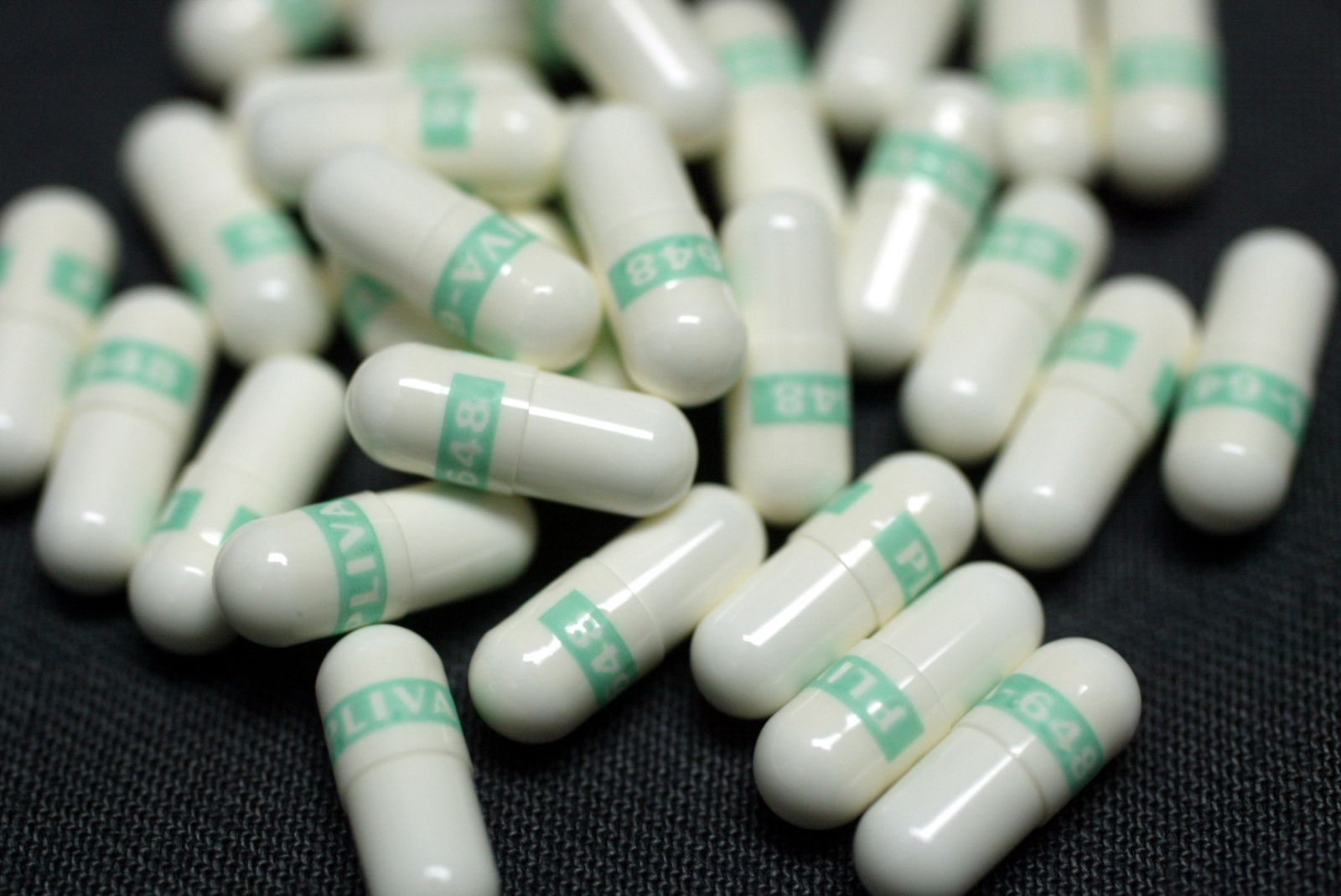

Sleep is so important for mental well-being as well as physical health, that I would not advise anyone to trade in a good night’s rest for relief of other symptoms. General practitioners or internists simply don’t have the time or training to understand these issues really well. They are also (in my opinion) the most able to prescribe an alternate drug that retains the good effects but have less of the bad ones. They are the best to deal with the side effects of antidepressant medication. While some people get prescriptions from their primary physician, I personally would rather deal with an experienced psychiatrist, despite the added cost and inconvenience involved. If you are experiencing insomnia while on antidepressants, the first thing you need to do is tell your prescribing doctor. What to Do If You have Antidepressant Insomnia This is why an insomnia site such as this one really needs to be inclusive, and it’s why I continue to learn and add new information whenever possible. can cause involuntary muscular movements as well as insomnia in some people.īut I have also learned that some people actually sleep better while on SSRI’s… so go figure! It is simply another example of the differences among people and their individual physiologies and responses. I have since learned that SSRI medications - such as Prozac, Paxil, Zoloft, etc.

So I quit the Zoloft and never went back on any antidepressant. Soon I was a complete nervous wreck, and despite the reassurances from my doctor that the twitches and insomnia would eventually go away and that it took at least two weeks for the medication to actually start working on the anxiety - I had doubts I could survive that long. There was simply no way I could sleep with all that muscular activity. Sometimes even just my little finger, other times my whole leg or my head. So I would be lying in bed starting to finally relax after several hours. Besides the fact that I just didn’t feel tired, I also had constant muscular twitches that would prevent me from falling asleep even when I got sleepy. I took Zoloft at one point when I was bothered by serious generalized anxiety.

The Irony - and Frustration - of Antidepressant InsomniaĪs someone who once experienced antidepressant insomnia, I can sympathize with anyone going through this. The SSRIs (selective serotonin reuptake inhibitors) seem to be the main culprits in this particular side effect, but any antidepressant may cause insomnia in those who are already susceptible to it. In this study, eszopiclone/fluoxetine co-therapy was relatively well tolerated and associated with rapid, substantial, and sustained sleep improvement, a faster onset of antidepressant response on the basis of CGI, and a greater magnitude of the antidepressant effect.Antidepressant insomnia is a common side effect of medication taken to help a non-sleep-related condition such as depression, anxiety, chronic fatigue syndrome, fibromyalgia or another of the many conditions for which antidepressants are sometimes prescribed.Īntidepressant medications are well-known for causing insomnia as a side effect. Treatment was well tolerated, with similar adverse event and dropout rates. 05) and significantly more responders (59% vs. 002) significantly improved CGI-I and CGI-S scores at all time points beyond Week 1 (p <. 01) with progressive improvement at Week 8 (p =. Eszopiclone co-therapy also resulted in: significantly greater changes in HAM-D-17 scores at Week 4 (p =. Patients in the ESZ+FLX group had significantly decreased sleep latency, wake time after sleep onset (WASO), increased total sleep time (TST), sleep quality, and depth of sleep at all double-blind time points (all p <. Depression was assessed with the 17-item Hamilton Rating Scale for Depression (HAM-D-17) and the Clinical Global Impression Improvement (CGI-I) and Severity items (CGI-S). Subjective sleep and daytime function were assessed weekly. Patients who met DSM-IV criteria for both MDD and insomnia (n = 545) received morning fluoxetine and were randomized to nightly eszopiclone 3 mg (ESZ+FLX) or placebo (PBO+FLX) for 8 weeks. This study evaluated the effect of adding eszopiclone to fluoxetine. Insomnia and major depressive disorder (MDD) can coexist.


 0 kommentar(er)
0 kommentar(er)
